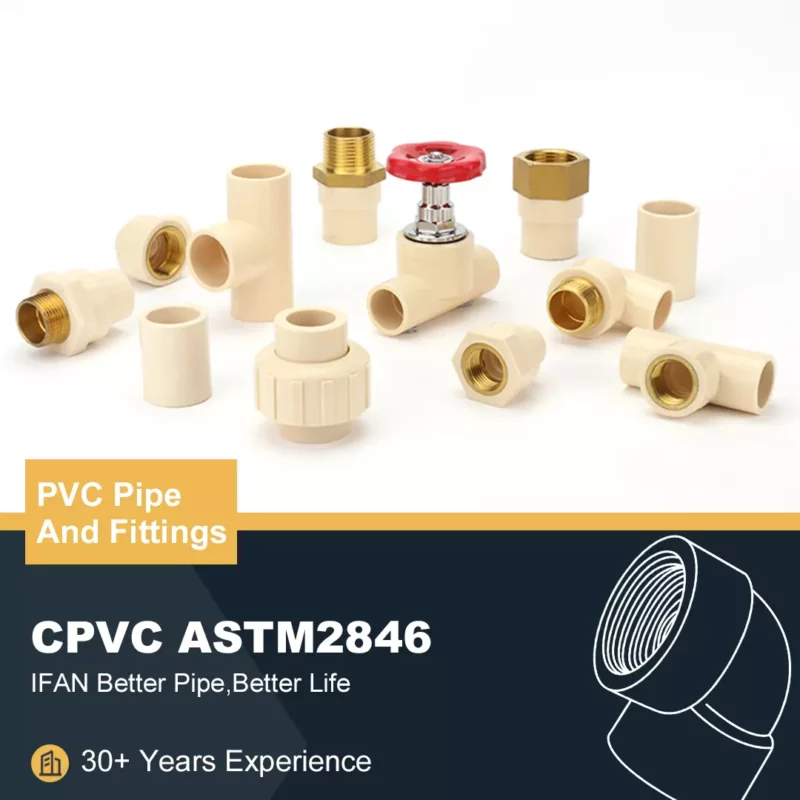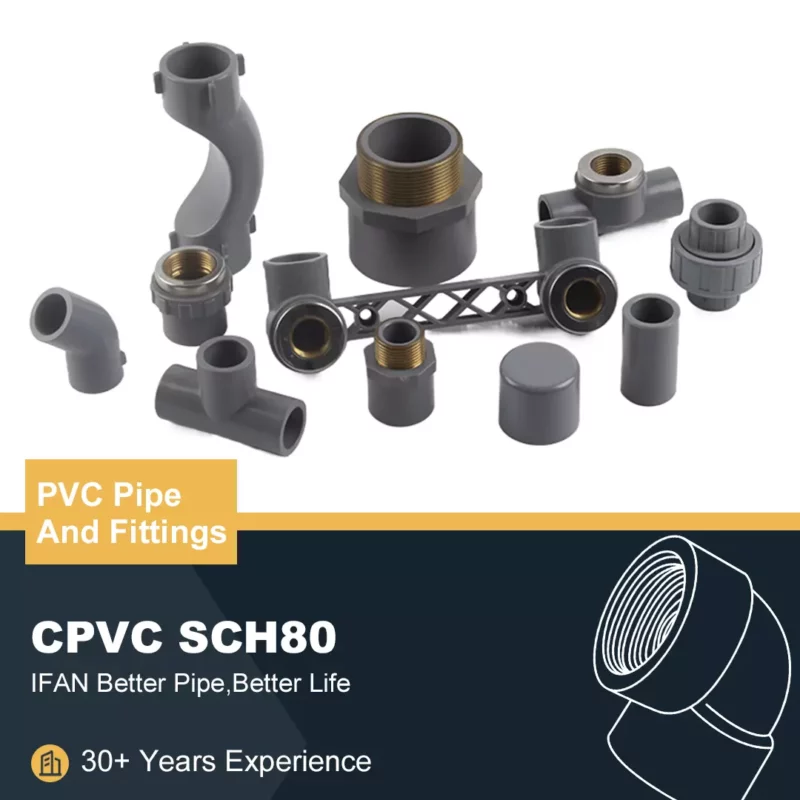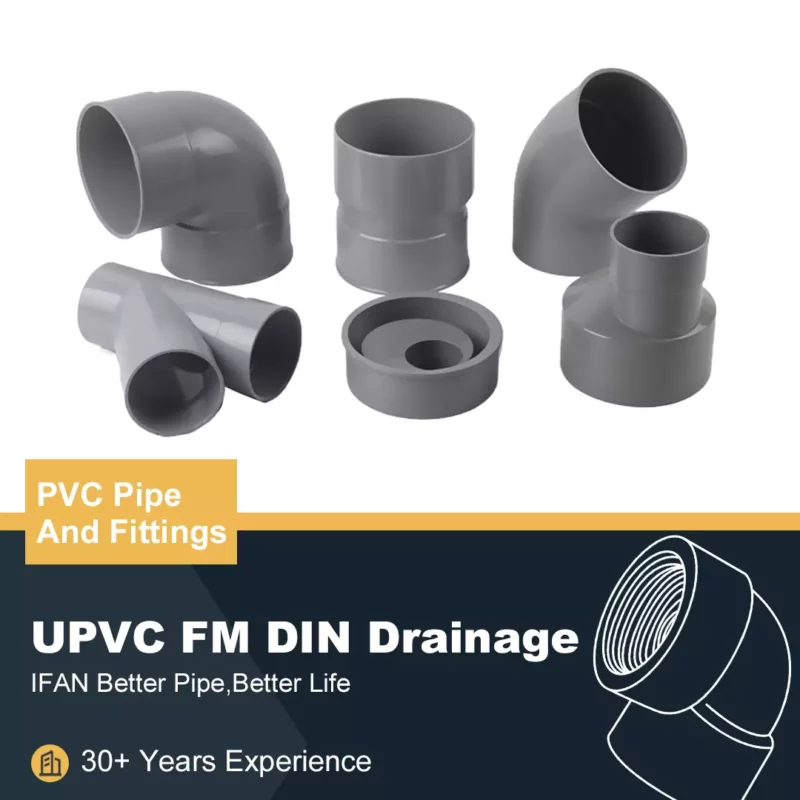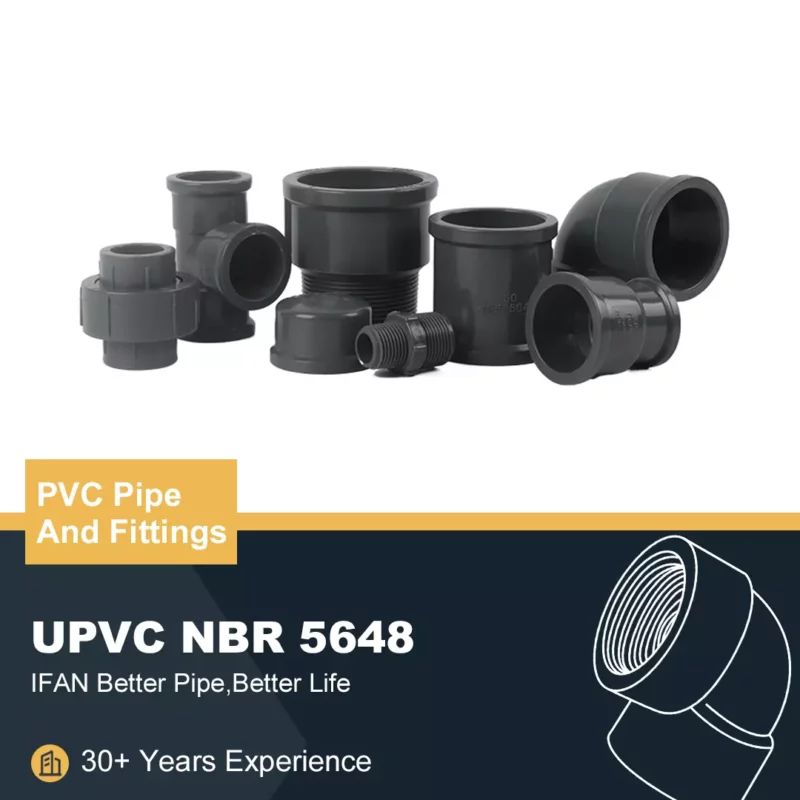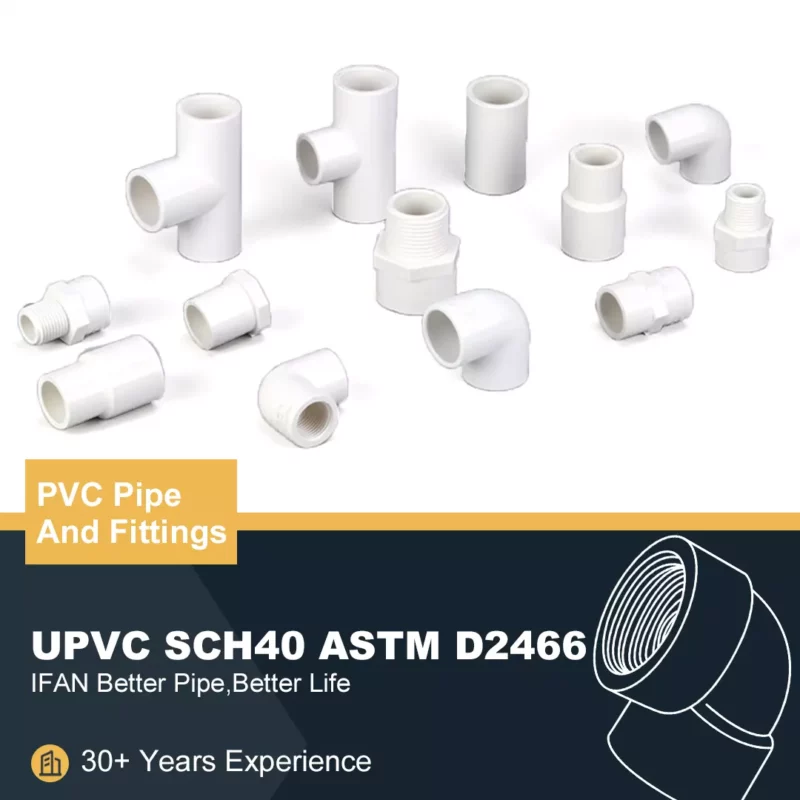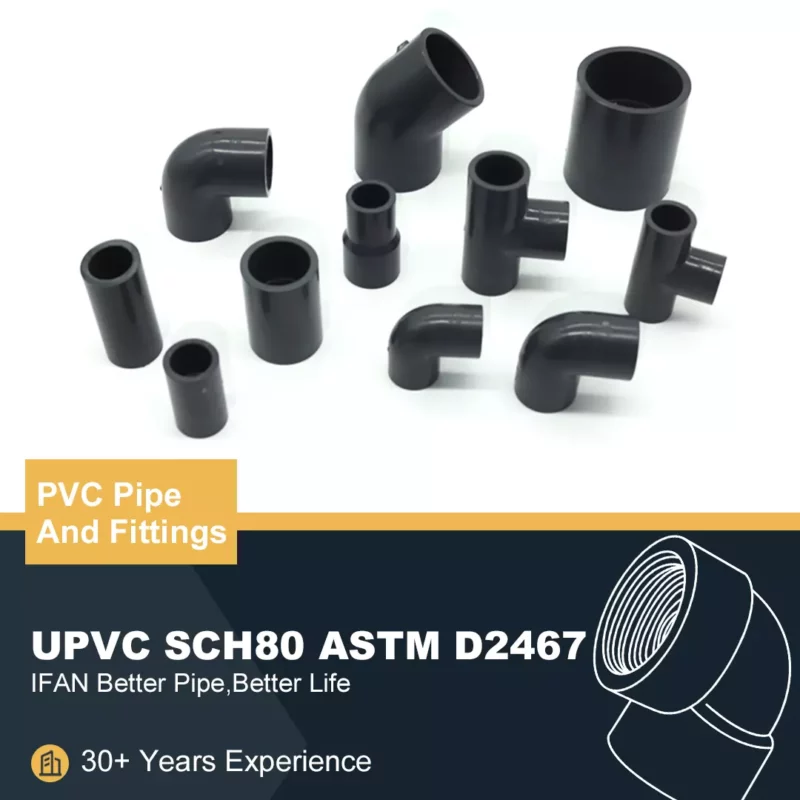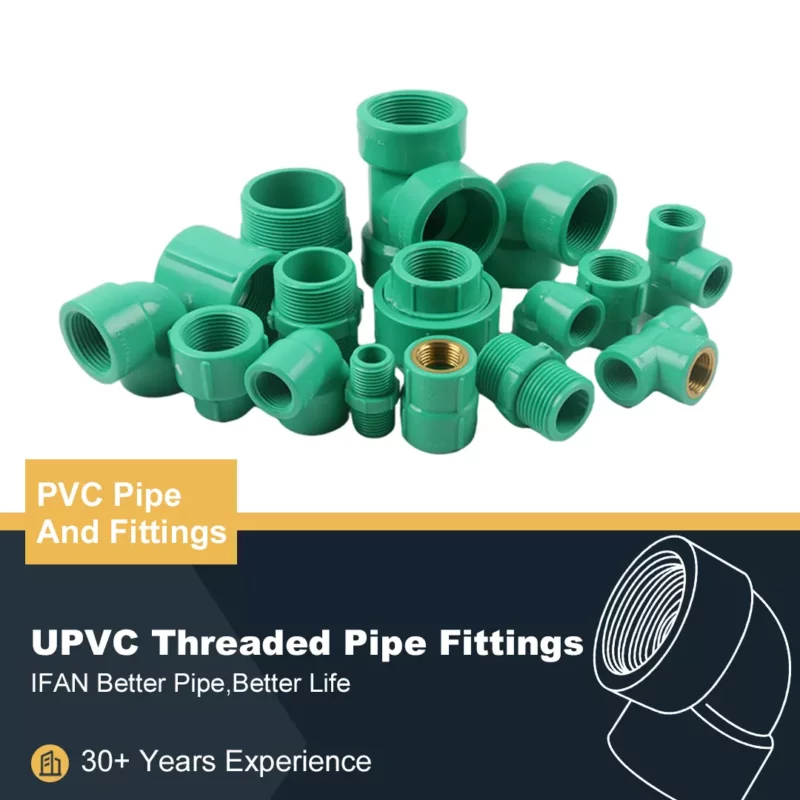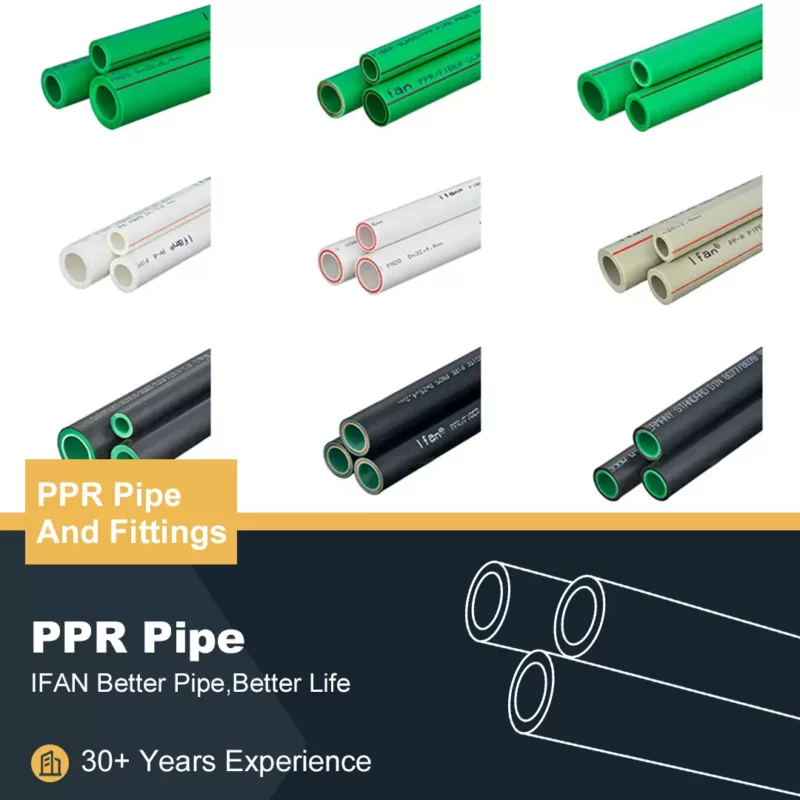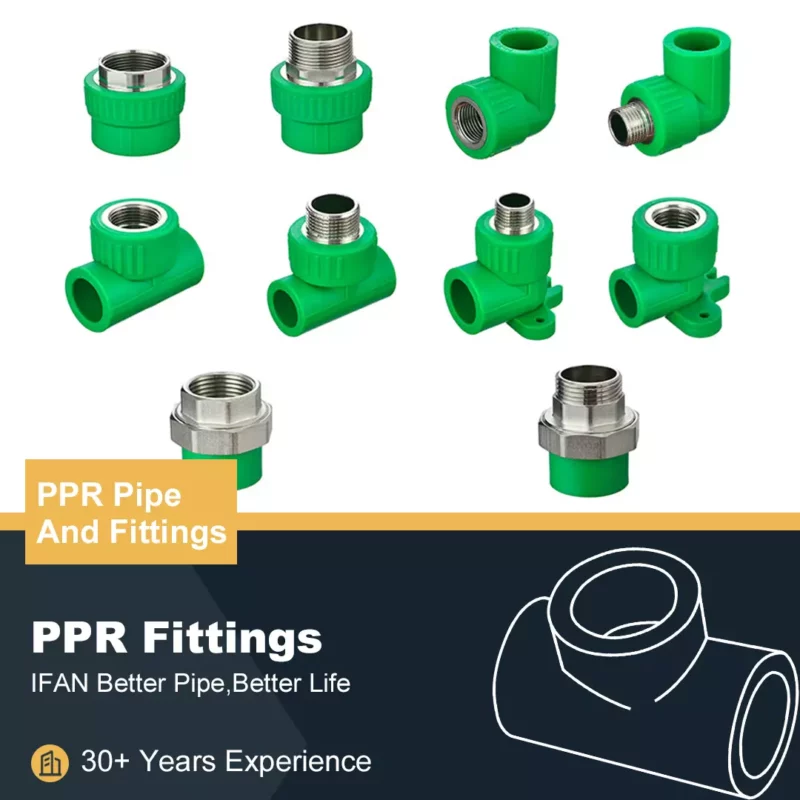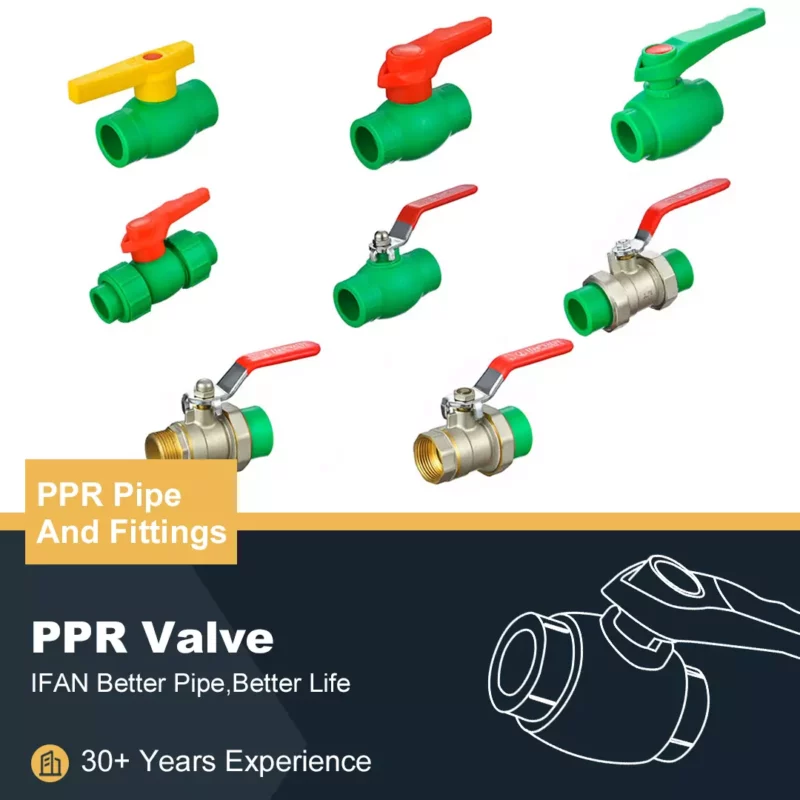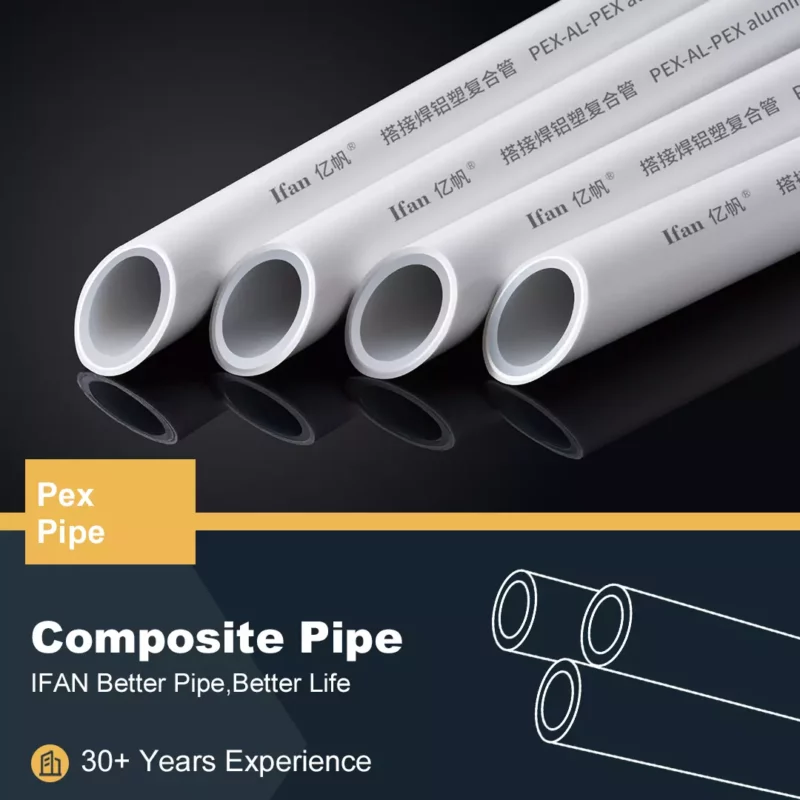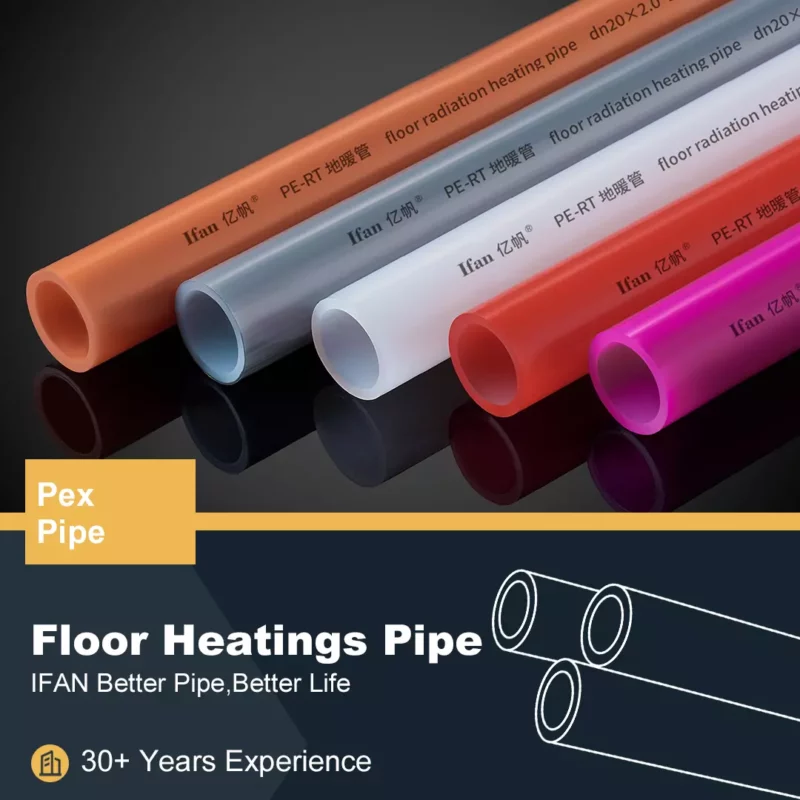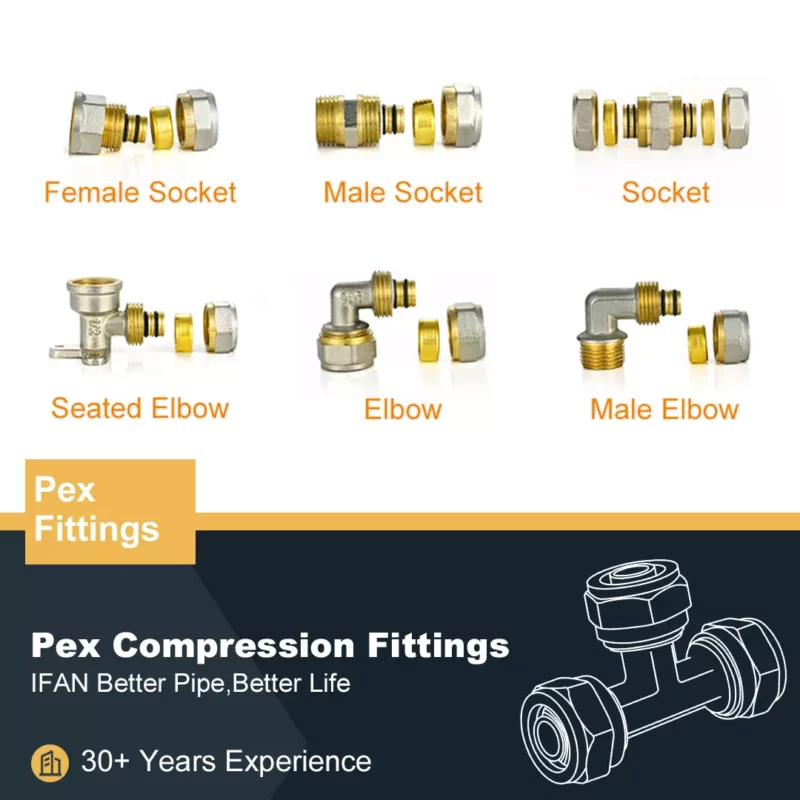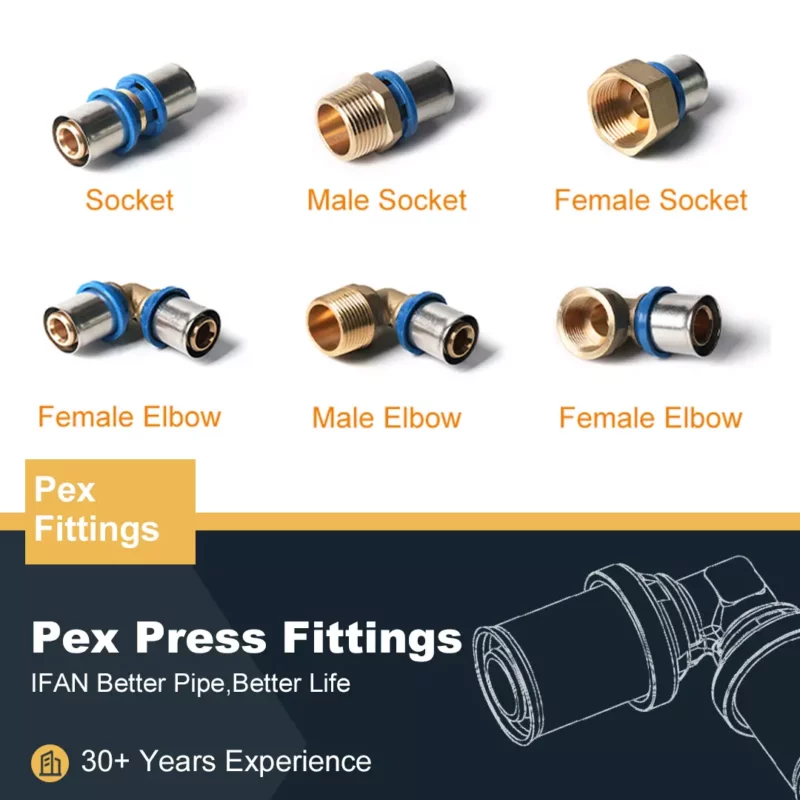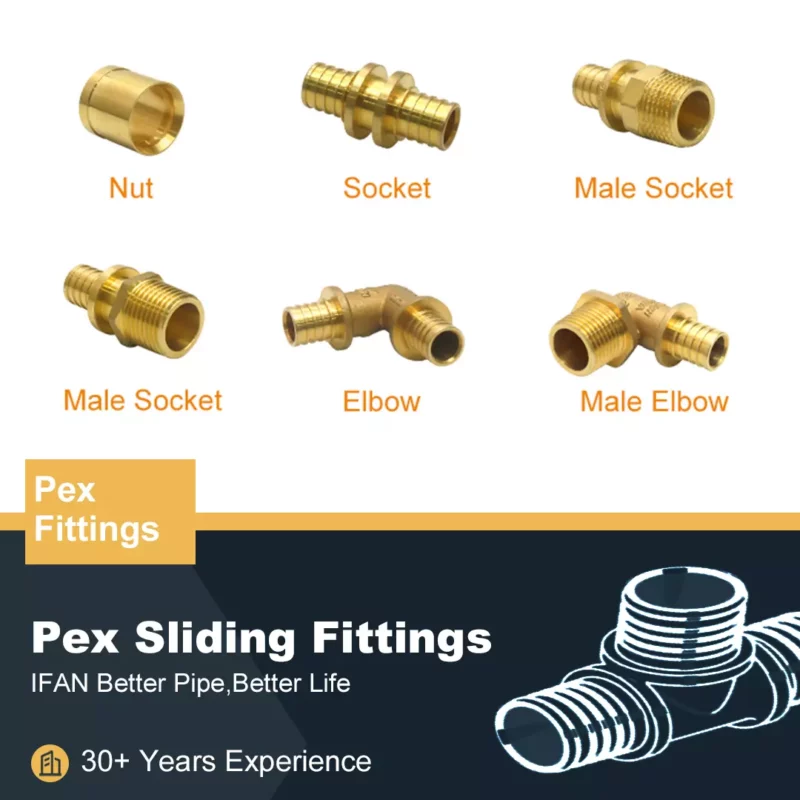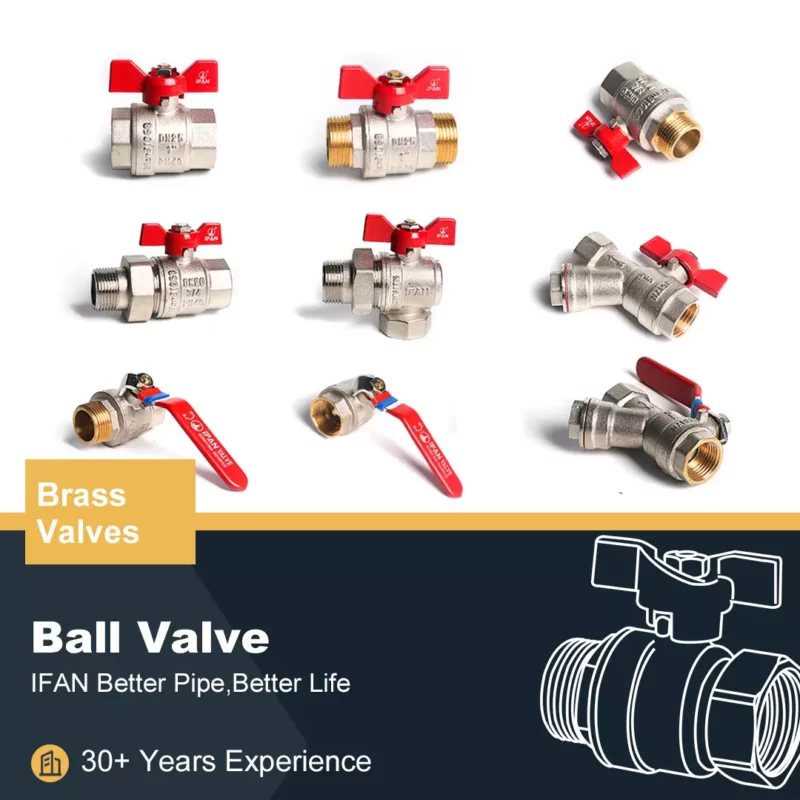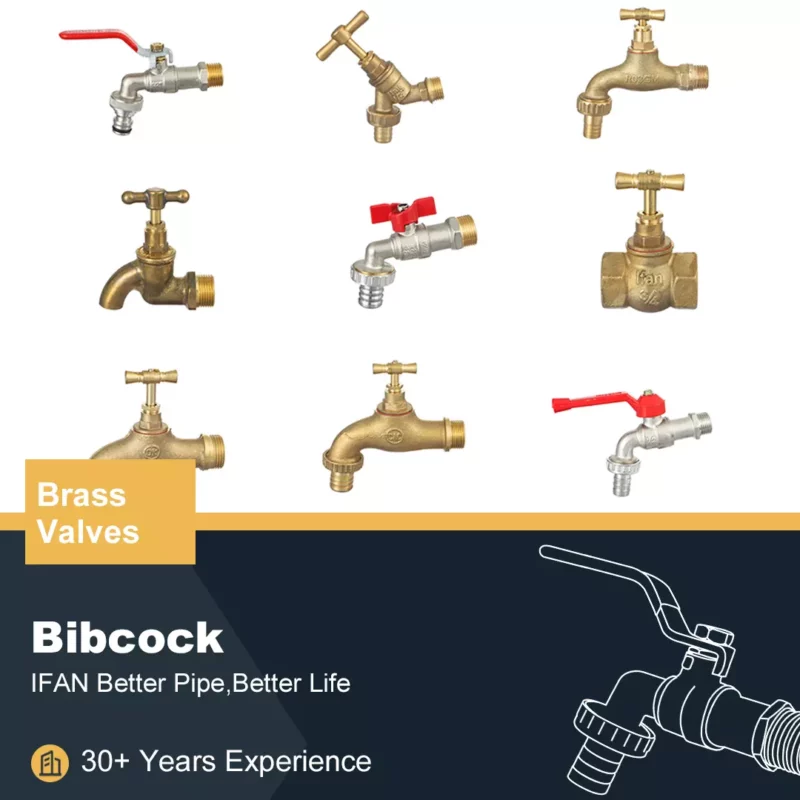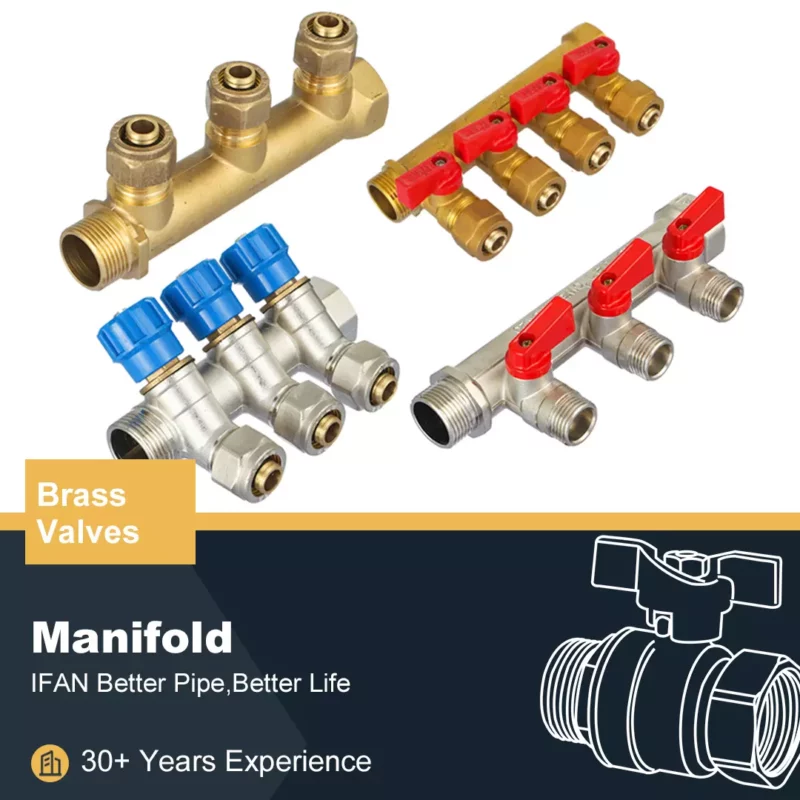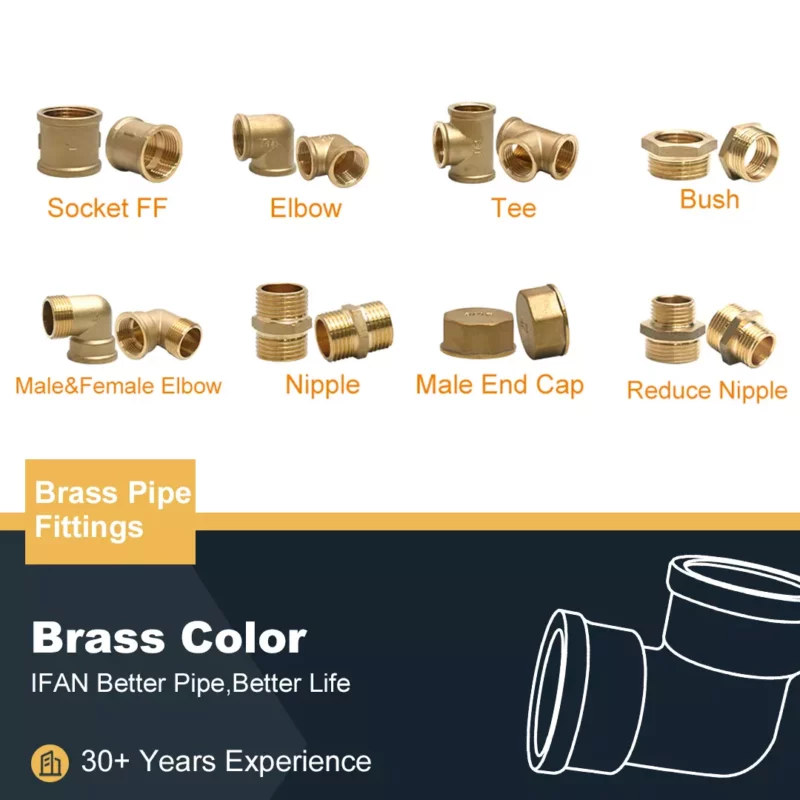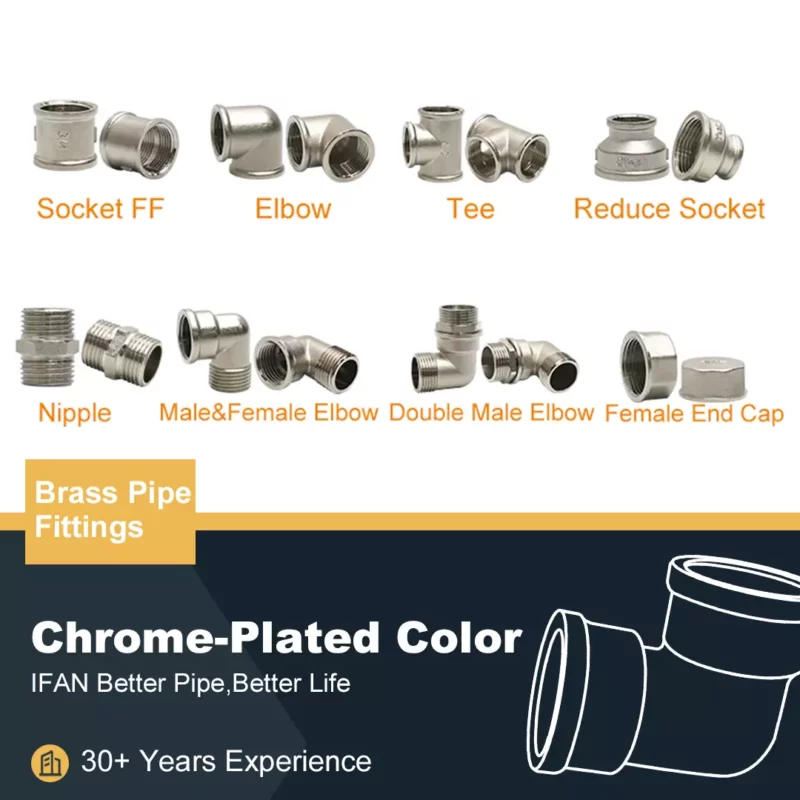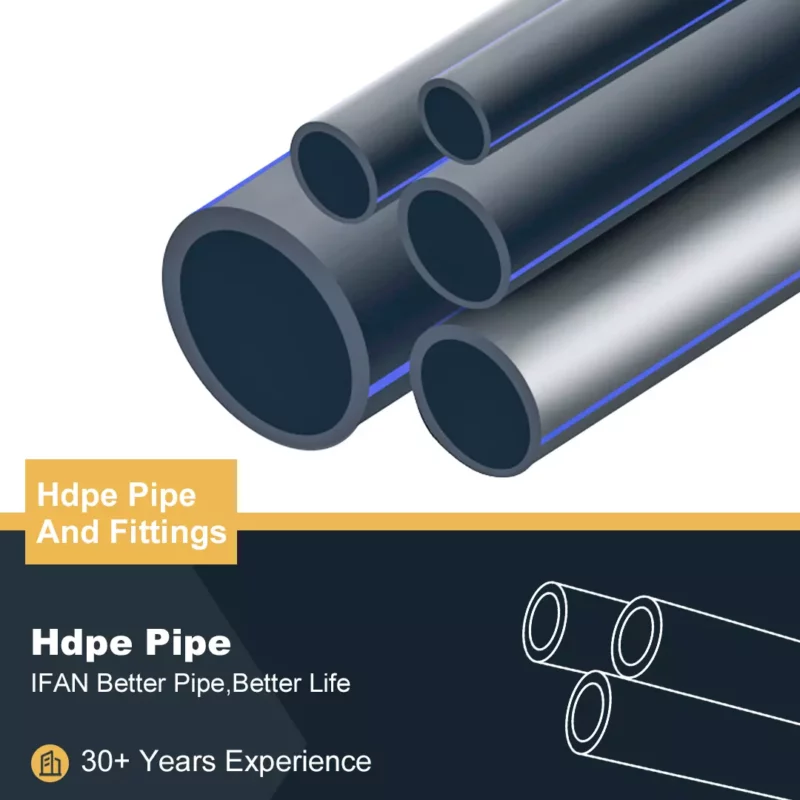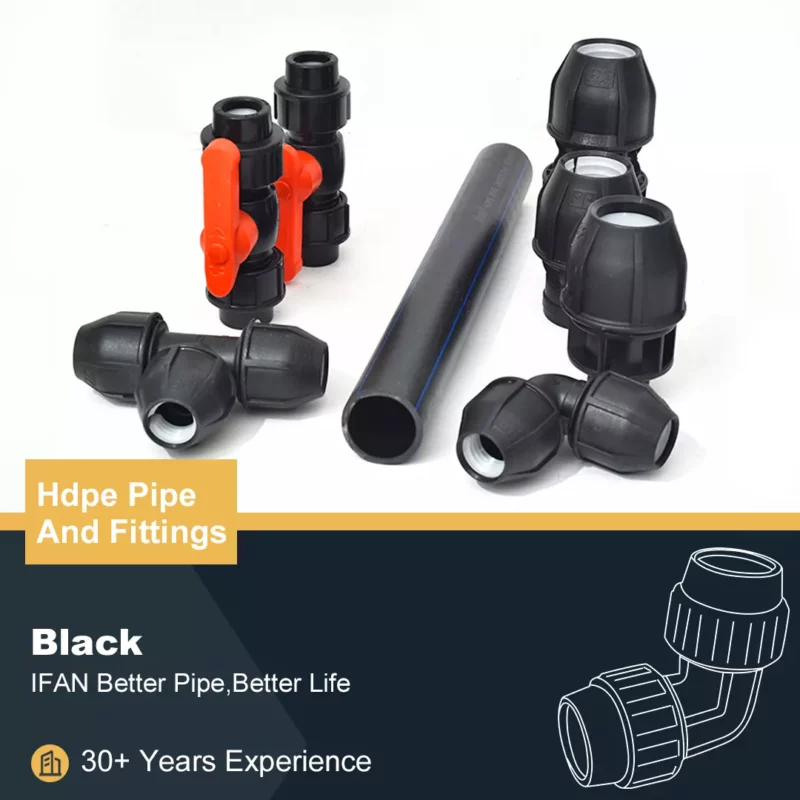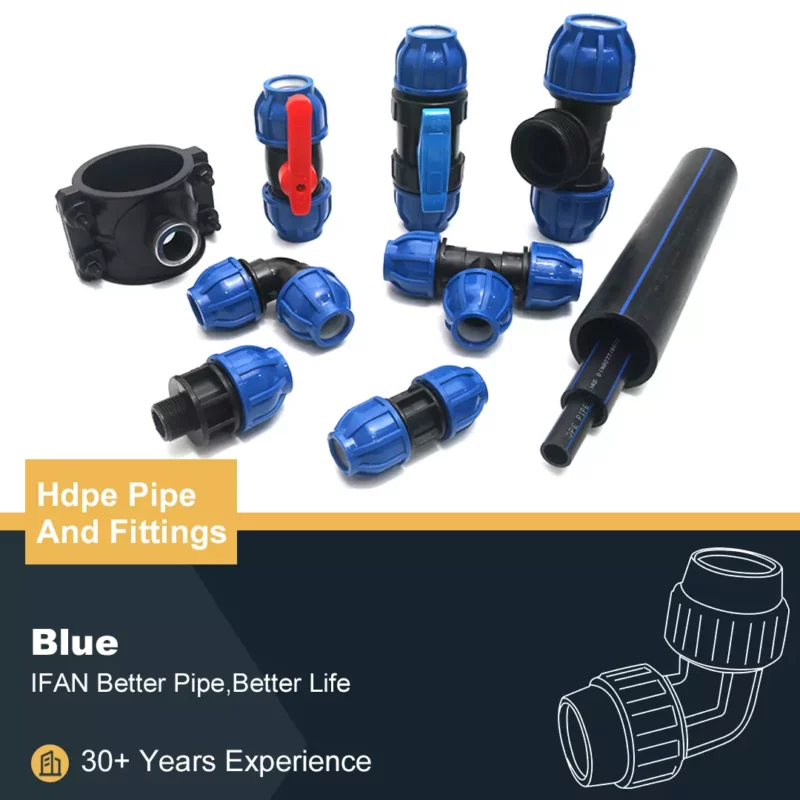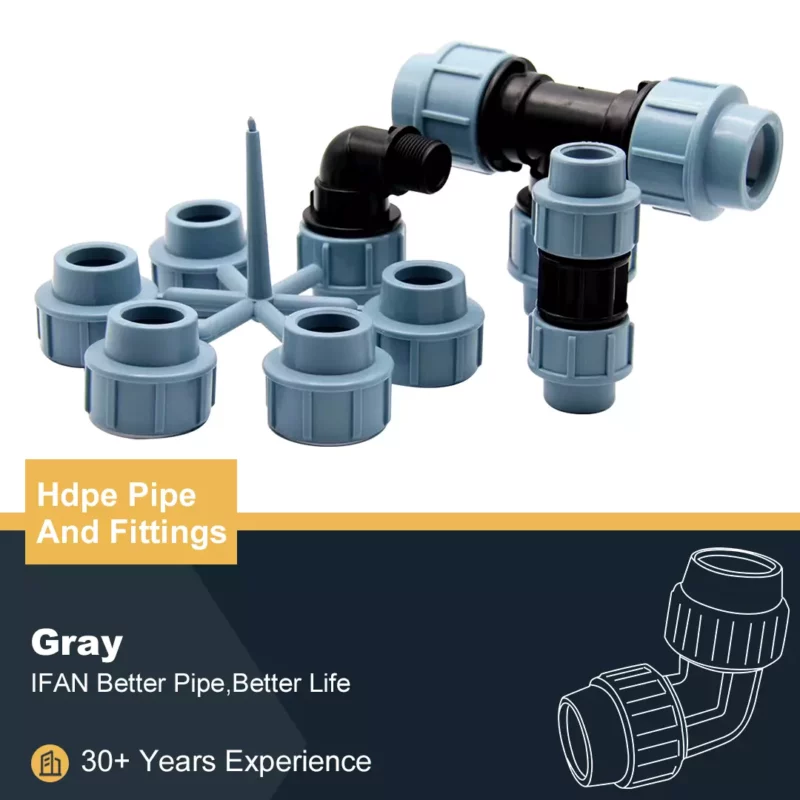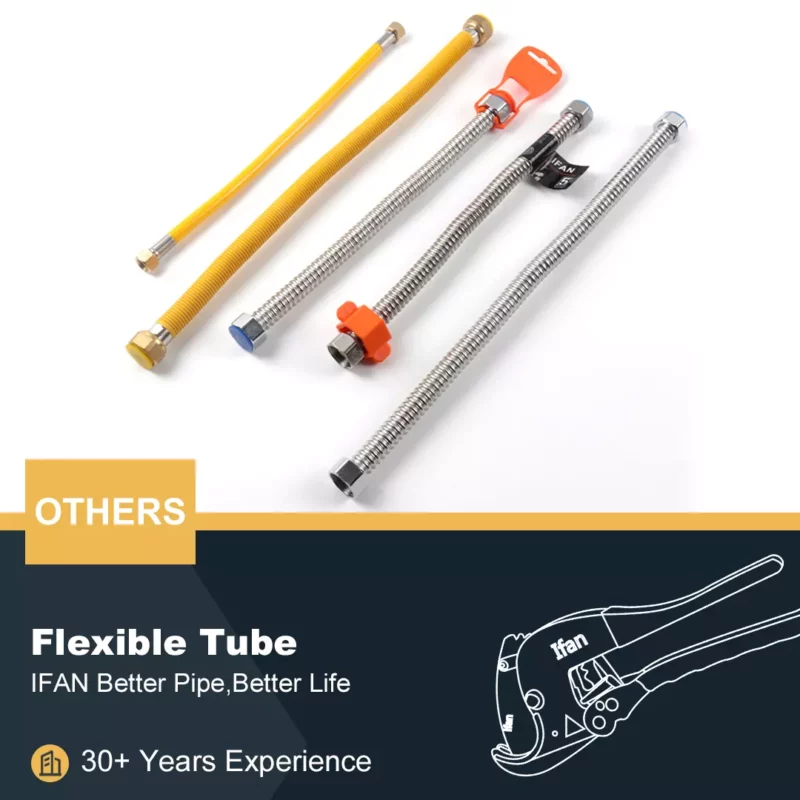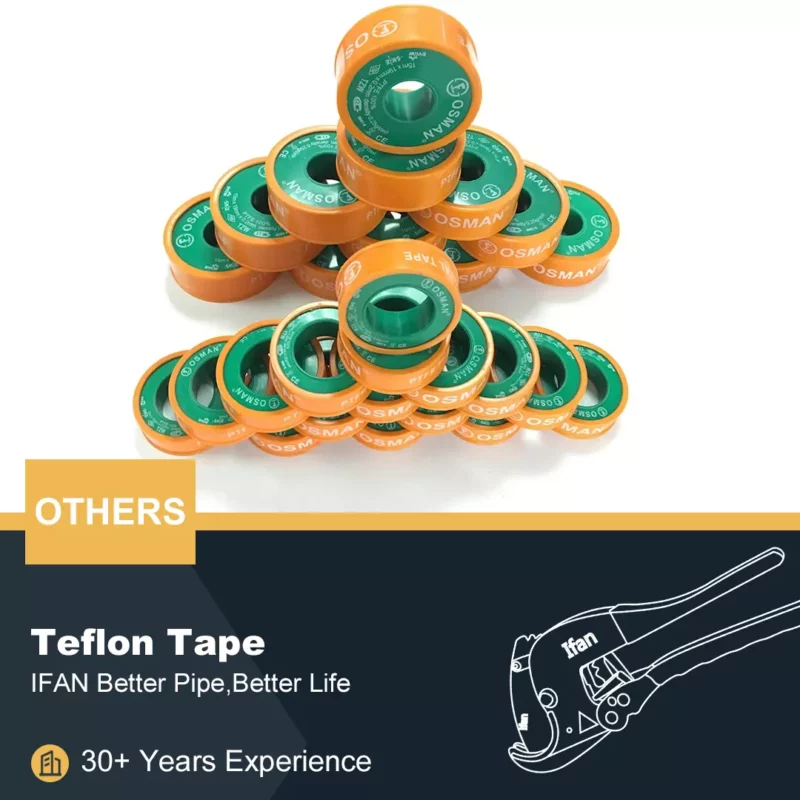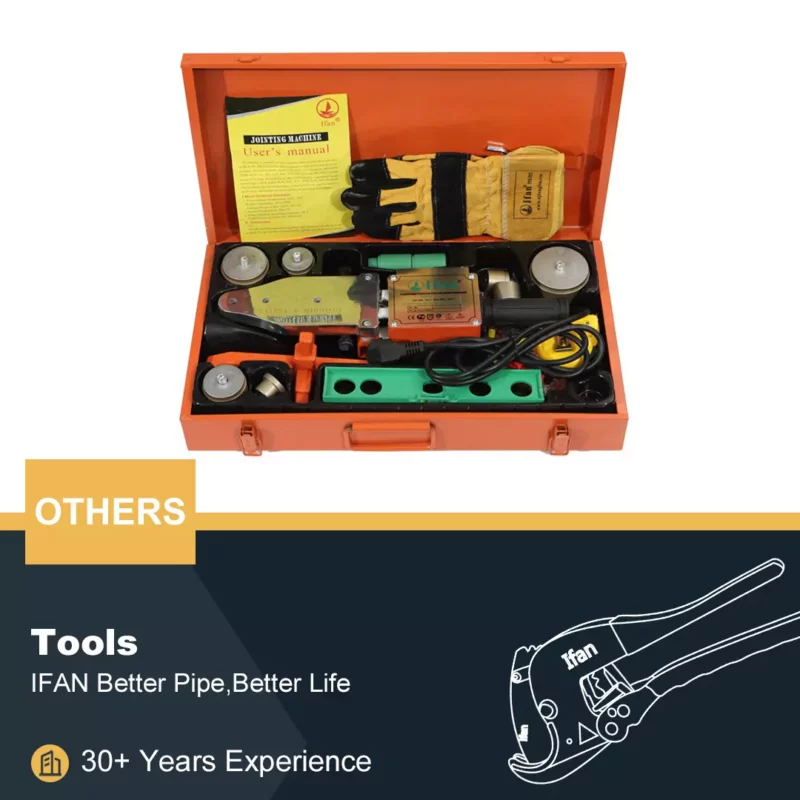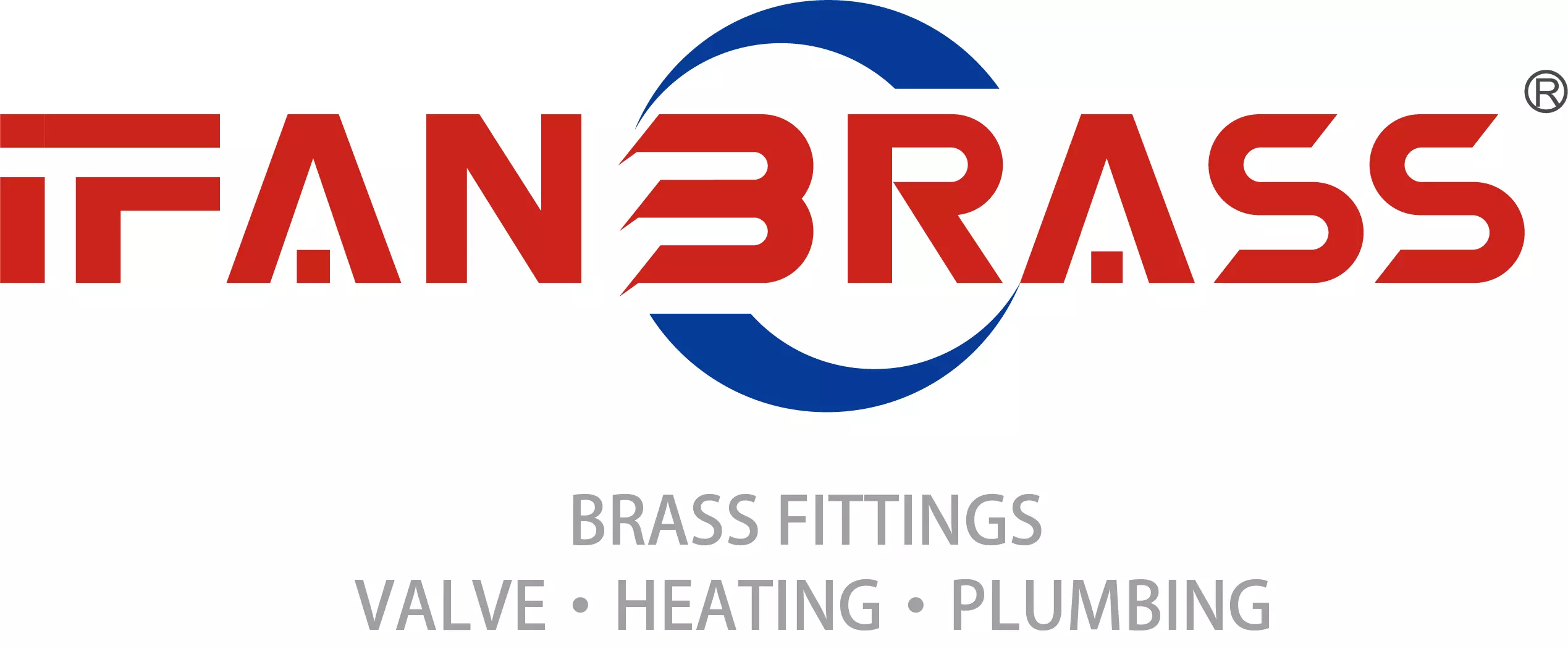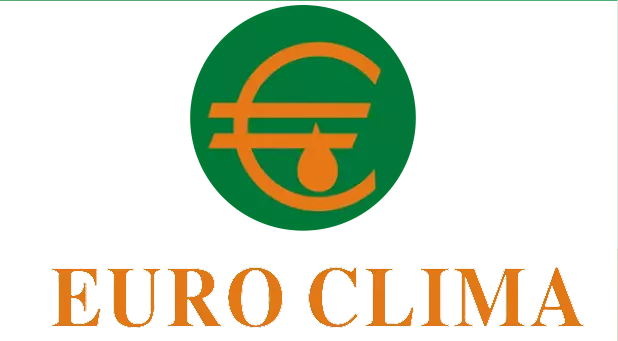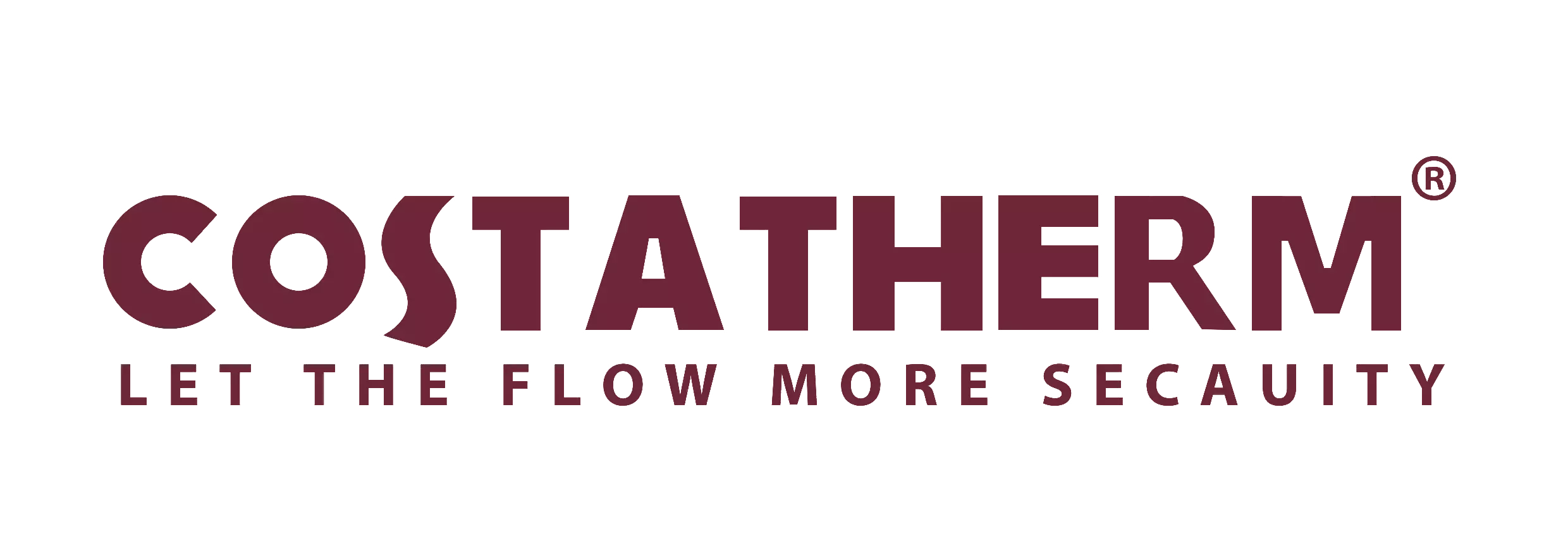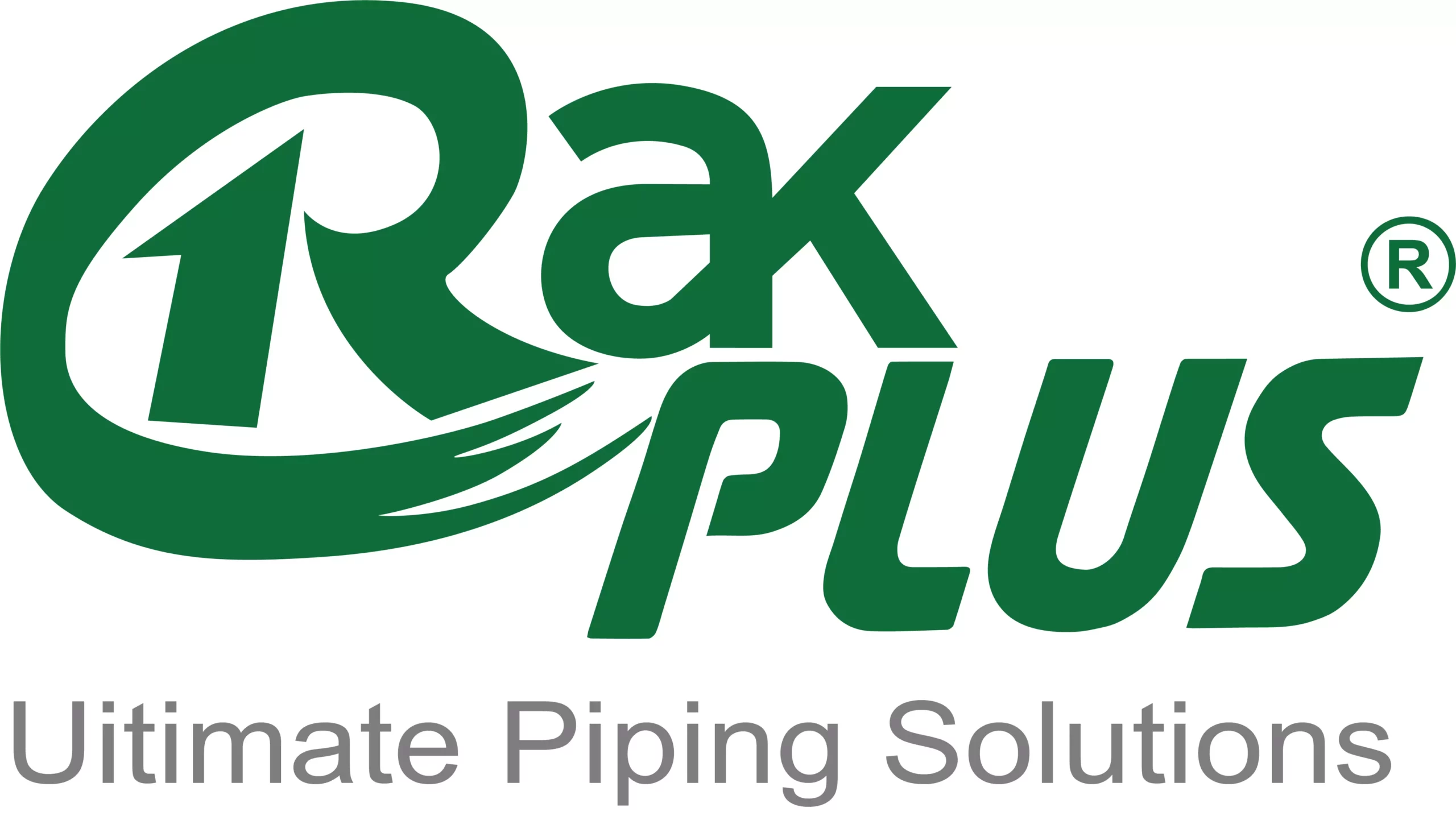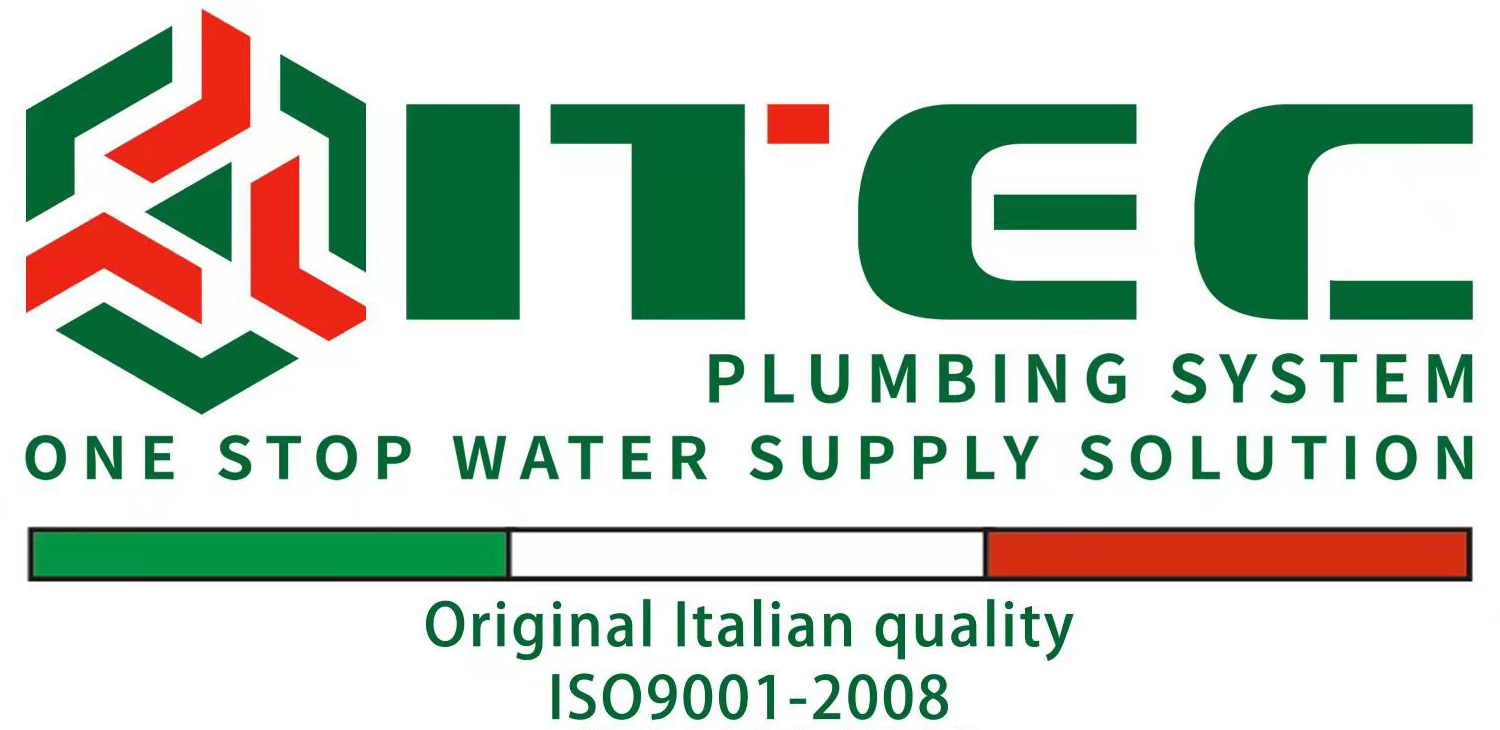PVC ball valves play a crucial role in agricultural irrigation systems. Their design and material properties make them ideal for managing water flow efficiently. Understanding how these valves function can significantly benefit farmers and agricultural engineers.
Material Properties of PVC
PVC, or polyvinyl chloride, is a durable thermoplastic. It is resistant to corrosion, making it suitable for various environmental conditions. In agriculture, PVC can withstand exposure to water and fertilizers without degrading.
The lightweight nature of PVC also simplifies installation. Farmers can easily transport and install PVC ball valves without heavy machinery. This convenience reduces labor costs and increases efficiency in setting up irrigation systems.
Advantages of PVC Ball Valves
One of the primary advantages of them is their flow control capability. They can be opened or closed quickly, allowing for precise water management. This feature is vital in irrigation, where the right amount of water is crucial for crop health.
Additionally, PVC ball valves provide low flow resistance. When fully open, they allow maximum water flow, minimizing pressure loss in the system. This efficiency ensures that crops receive adequate water without unnecessary waste.
Application in Drip Irrigation Systems
PVC ball valves are commonly used in drip irrigation systems. These systems deliver water directly to the plant roots, optimizing water usage. The valves control the flow rates to each section of the irrigation network.
For example, in a vineyard, PVC ball valves can manage water distribution to different rows of grapevines. By adjusting the valves, farmers can ensure that each section receives the correct amount of water. This targeted approach enhances crop yield and quality.
Use in Sprinkler Irrigation
In sprinkler irrigation systems, PVC ball valves serve a similar purpose. They regulate water flow to various sprinkler heads, ensuring uniform coverage. This uniformity is crucial for effective irrigation.
Consider a large field of corn. PVC ball valves can be used to control the flow to multiple sprinkler lines. This control helps prevent overwatering or underwatering, which can harm the crop. Proper water management leads to healthier plants and increased productivity.
Easy Maintenance and Longevity
PVC ball valves are known for their low maintenance requirements. Their robust construction ensures long-lasting performance, even in harsh conditions. Farmers appreciate this durability, as it reduces the need for frequent replacements.
Routine maintenance typically involves checking for leaks and ensuring proper operation. Because PVC is resistant to many chemicals, farmers do not have to worry about corrosion affecting valve performance. This reliability makes PVC ball valves a smart investment for irrigation systems.
Cost-Effectiveness in Agriculture
The cost-effectiveness of them is another significant advantage. They are generally less expensive than metal valves, making them accessible for many farmers. Lower initial costs mean that more farmers can implement efficient irrigation systems.
Moreover, the durability of them translates into savings over time. With fewer replacements and lower maintenance costs, farmers can allocate resources more effectively. This financial efficiency is essential for sustainable agricultural practices.
Environmental Benefits
Using PVC ball valves in irrigation systems also has environmental benefits. By improving water management, these valves help conserve water resources. Efficient irrigation reduces runoff and minimizes water waste, supporting sustainable agriculture.
Farmers can implement precise irrigation techniques that align with environmental best practices. For instance, using PVC ball valves in conjunction with soil moisture sensors can optimize watering schedules. This synergy not only benefits crops but also promotes environmental stewardship.
Case Studies in Agricultural Practices
Several agricultural operations have successfully integrated them into their irrigation systems. In one case, a tomato farm improved yield by 30% after installing a PVC-based irrigation system. The precise flow control allowed for better water management.
Another example involves a citrus grove using them to manage drip irrigation. The result was healthier trees and higher-quality fruit. These case studies highlight the effectiveness of them in real-world applications.
IFAN International Standard for PVC Tubing
IFAN’s PVC products adhere to a wide range of international standards, ensuring they meet the highest quality and performance criteria. These standards include BS 3505, BS 4346, ASTM D1785 SCH40, ASTM D1785 SCH80, DIN, GB, DWV, ASTM D2665, ASTM D2241, ASTM D2665, ASTM D2729, ASTM F441/F441M, ISO 1452 series, EN ISO 1452, DIN 8061/8062, GB/T 10002 series, AS/NZS 1477, JIS K6741, CSA B137.3, NSF/ANSI 14, and TIS 17-2532/1131-2535. Compliance with these standards ensures that IFAN’s PVC pipes and fittings deliver consistent performance, safety, and reliability in a variety of applications globally.
Conclusion
In summary, PVC ball valves are indispensable in agricultural irrigation systems. Their material properties, ease of installation, and cost-effectiveness make them an ideal choice for farmers. With their ability to provide precise flow control, they enhance water management and support sustainable practices.
As agriculture continues to evolve, the demand for efficient irrigation solutions will grow. PVC ball valves will remain a vital component in meeting these needs. By understanding and utilizing these valves, farmers can optimize irrigation, leading to healthier crops and better yields.
If you have read this article and have any questions, please feel free to contact IFAN. Below is our contact information:
Whatsapp:+86 13373827623
Email:[email protected]

